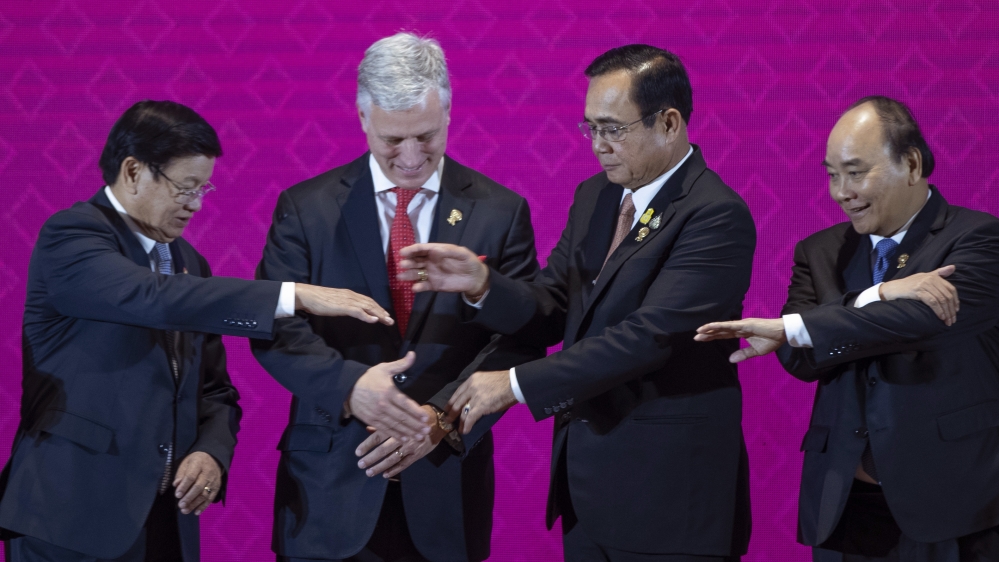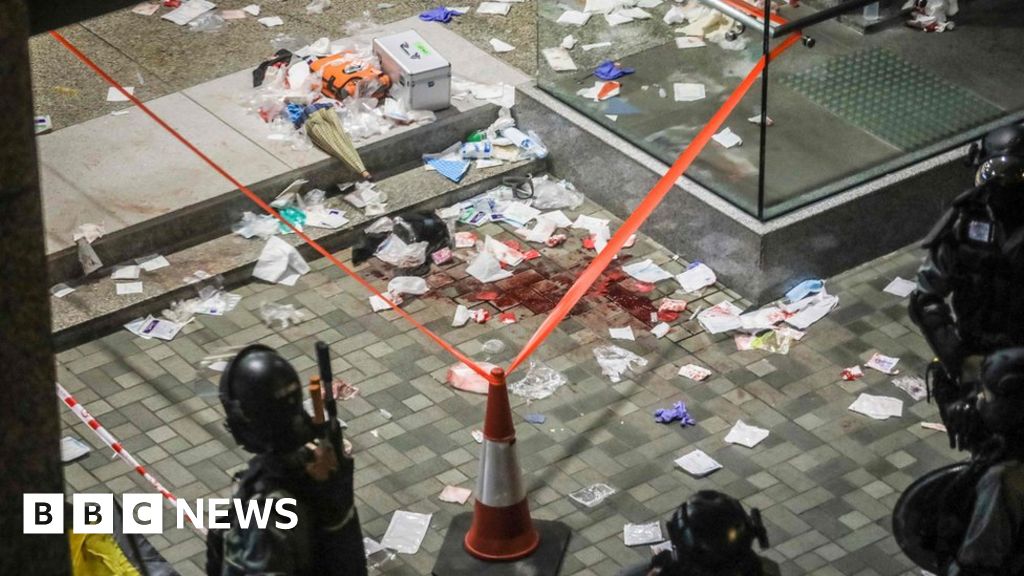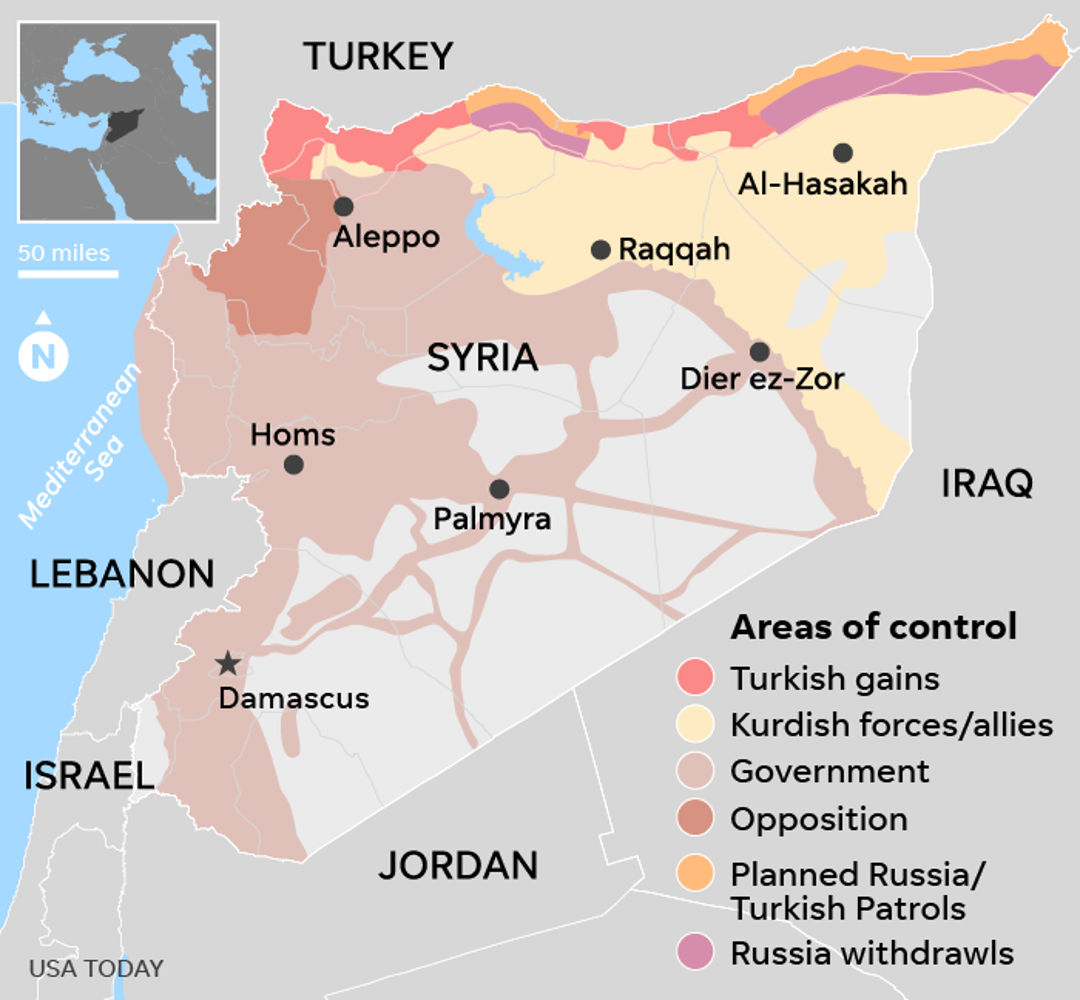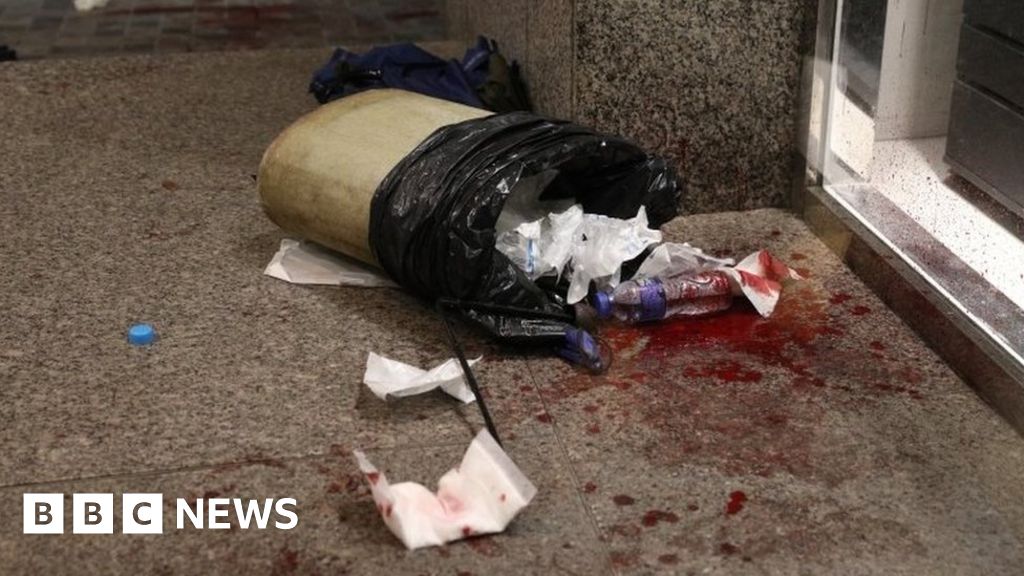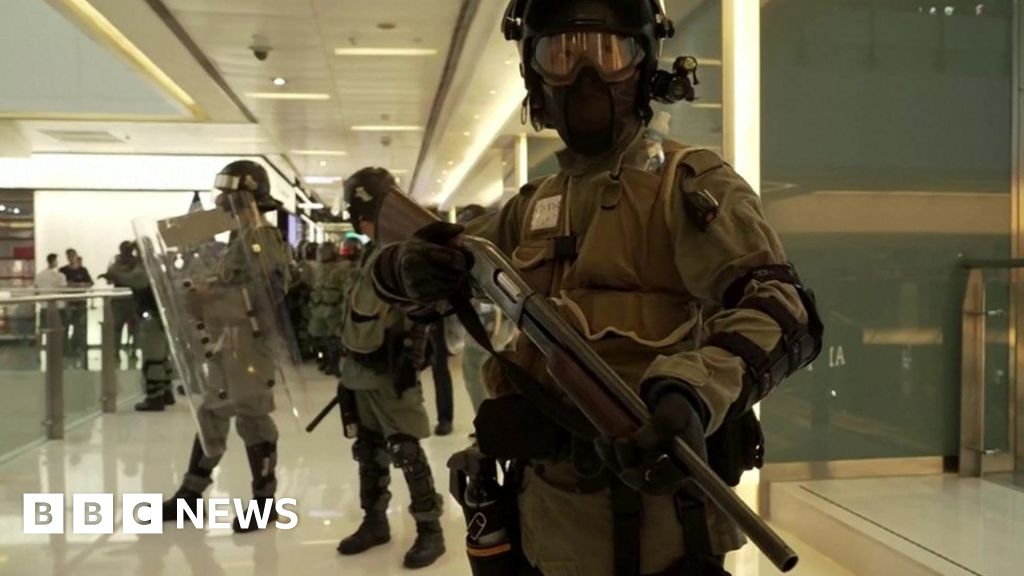Deirdre Shesgreen
USA TODAY
Published 8:11 AM EST Nov 3, 2019
WASHINGTON – When Bassam Ishak heard that Vice President Mike Pence had secured a cease-fire in Syria – one that included protections for religious minorities – he felt a wave of optimism that his family back home would be safe.
But in the weeks since that deal was announced in Turkey on Oct. 17, Ishak's hometown in northern Syria has nearly emptied, with Christians and Kurds fleeing amid fears of persecution by Turkish-backed militias.
When he announced the cease-fire, Pence emphasized Turkey's commitment to shield religious and ethnic minorities in the region. But Ishak and others say extremist paramilitary groups have not adhered to the U.S.-brokered deal, continuing their attacks and terrifying residents in their path.
"They are frightened. These are communities who grew up hearing stories about the genocide against their people by Turkey in 1915," said Ishak, who left Syria in 2011 and now lives in Washington.
He was referring to the Seyfo massacre, the little-known slaughter of an estimated 300,000 Christians by the Ottomans during World War I.
"For them to see this happening is like history repeating itself. This is why they’re fleeing," Ishak told USA TODAY. The 60-year-old Syriac Christian last visited his home in 2018; he now represents the Syrian Democratic Council, the political arm of the U.S-allied Syrian Democratic Forces, in Washington.
Ishak's fears help explain why the unfolding crisis in Syria has sparked such a visceral reaction from Christian leaders in the U.S., prompting some of President Donald Trump's most stalwart defenders to voice outrage over his decision to withdraw U.S. troops from northeast Syria. Critics say Trump's move gave Turkey the green light to invade Syria and betrayed the Kurdish forces, known as the SDF, America's chief ally in the fight against the Islamic State terrorist group.
Now, some predict there will be an "ethnic cleansing" against the U.S.-allied Kurds, as well as the Yazidis and other minorities in northern Syria.
There is not a precise count of the number of Christians living in this region, but some experts put the figure at about 100,000. The region is diverse, with Arabs, Kurds, Yazidis and others living in relative harmony. The SDF, which is also an ethically mixed force, gained control of this region after the Syrian civil war broke out. Now, however, Turkey has moved in and Syrian government forces, under the brutal regime of Bashar al-Assad, are also vying for control.
Trump and other top White House officials have strongly defended the decision to withdraw U.S. troops stationed on the Turkey-Syria border. And they say the cease-fire has mostly held – staving off more severe violence.
"The Turkish leaders made real commitments to the vice president and me when we were on the ground" in Ankara, Secretary of State Mike Pompeo told Fox News on Oct. 30. Pompeo traveled with Pence for the Oct. 17 negotiations with Turkey's president, Recep Tayyip Erdogan.
Pompeo said the Trump administration would continue to monitor the situation and make sure Turkey complies with the agreement. And he said he has not received reports of a genocide in the making.
The administration has also authorized $50 million in assistance for Christians and other religious and ethnic minorities in northeast Syria.
A senior administration official, speaking on the condition of anonymity to provide a candid assessment, said the White House has received conflicting reports from inside Syria, and officials are "very aware" of the possibility that targeted violence could spiral.
"We certainly would not declare an ethnic cleansing right now," this official said. "But we are aware, very aware, of the possibility and have been very clear that that's not something we're willing to tolerate."
The situation in Syria is not just a fraught foreign policy problem. It also has domestic political consequences. If Evangelicals become disenchanted with Trump over his Syria policy, it could cost him dearly in the 2020 election. White Evangelical voters supported Trump by an overwhelming margin in the 2016 election, 80 percent to 16 percent, and they have remained deeply loyal amid a cascade of controversies.
But Trump's decision to withdraw most U.S. forces from Syria opened a rift. Perhaps the most notable criticism came from televangelist Pat Robertson, who slammed Trump's decision and said the president was "in danger of losing the mandate of heaven.”
"... The president, who allowed (Washington Post journalist Jamal) Khashoggi to be cut in pieces without any repercussions whatsoever, is now allowing the Christians and the Kurds to be massacred by the Turks,” Robertson said during an Oct. 7 episode of his Christian Broadcasting Network show, the 700 Club.
Others have raised their voices as well. An American Christian missionary in Syria, David Eubank, has been posting near-daily photos and videos on Twitter, displaying the unfolding crisis in real time and pleading for Trump to reverse course.
In an Oct. 30 video, the former U.S. Army special forces ranger, describes helping Kurds and Christians who have abandoned their homes in northern Syria.
"... It is a zone of death, and we're complicit," says Eubank, the founder of Free Burma Rangers, a humanitarian group that assists ethnic minorities in war zones. "We stepped out of the way knowing and publicly admitting what would happen."
Trump administration officials have tried to quiet the Evangelical storm, reaching out to leaders privately and publicly.
Victoria Coates, Trump's deputy national security adviser for Middle East and North African affairs, recently went on American Family Radio, to address concerns raised by the show's host Tony Perkins, a powerful conservative Christian leader.
A spokesman for the Family Research Council, the group Perkins' leads, did not respond to a request for comment. But during his Oct. 22 show, Perkins noted that while the region is predominantly Muslim, "some of the longest consistent Christian communities in Christendom are there and I think ... it's important that they stay there."
After the U.S.-brokered cease-fire, Turkey and Russia agreed to conduct joint patrols along the Turkey-Syria border. Until Turkey's incursion, that swath of territory had been under Kurdish control, and experts say the Kurds had governed it democratically – giving residents more freedoms than in much of the rest of the region.
But now, Amnesty International and other human rights groups say Erdogan's government has started deporting Syrian refugees, who fled to Turkey during Syria's ongoing civil war, back into northern Syria – even though many of them came from other parts of the war-torn country.
The Turkish government has argued that the Syrians are voluntarily returning to a "safe zone" they established with their military incursion. But advocates say it is anything but safe, and Amnesty International said it has documented cases of refugees being coerced to return.
"I believe that we are already seeing the beginning of ethnic cleansing," said Amy Austin Holmes, a visiting scholar at Harvard University’s Middle East Initiative.
"(Erdogan's) plan is to replace those people who have fled with the refugees from Turkey," she said. "It’s a mess basically, and nobody is willing to stand up to Turkey."
The Trump administration official said the White House supports efforts to repatriate refugees if they are willing. But "we are not supportive" of forcing millions of Syrians to move "to places that they were not originally from."
"We do not have clarity" right now of Turkey's actions and intentions, this person said.
Holmes, who has worked in Syria and recently interviewed Kurdish fighters and Syrian civilians, has highlighted the historic connection to the 1915 Seyfo massacre in interviews with Syriac Christians.
"We view the Turkish threat as an existential threat against us," Elizabeth Gawyria, a Syriac Christian whose family survived the Seyfo massacre, tells Holmes in a March video posted on Twitter.
"They want to take us from our homeland again," said Gawyria, a political leader in northeastern Syria who recently came to Washington to lobby for U.S. help as her community copes with Turkey's invasion.
Holmes and others hope the pressure, internationally and domestically, will prompt Trump to reverse course and send troops not just to protect Syrian oil fields in eastern Syria but also the Syrian people who live further north.
“I think it is morally bankrupt if the U.S. military is used to protect the oil fields, while we allow our allies to be ethnically cleansed by Turkey,” Holmes said.
Eubanks was similarly blunt in his Oct. 30 video.
"We have to get re-engaged," he said. And U.S. officials have to stop calling the Turkish-controlled area in northeastern Syria a "safe zone."
Kurds and Christians, he said, are calling it a "genocide zone."
Let's block ads! (Why?)
https://www.usatoday.com/story/news/world/2019/11/03/donald-trump-mike-pence-face-criticism-evangelicals-over-syria/4112885002/
2019-11-03 13:12:07Z
52780423995529
